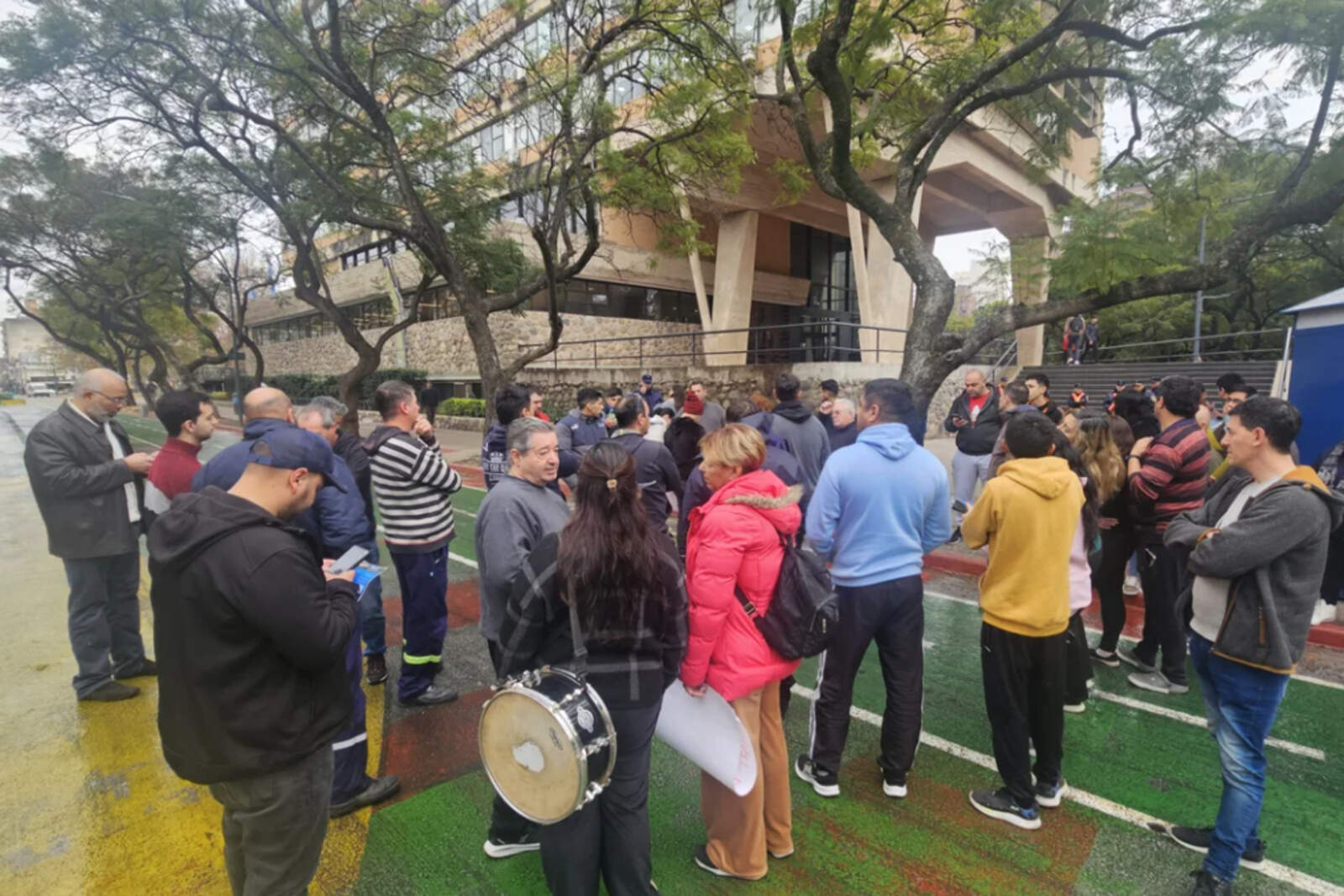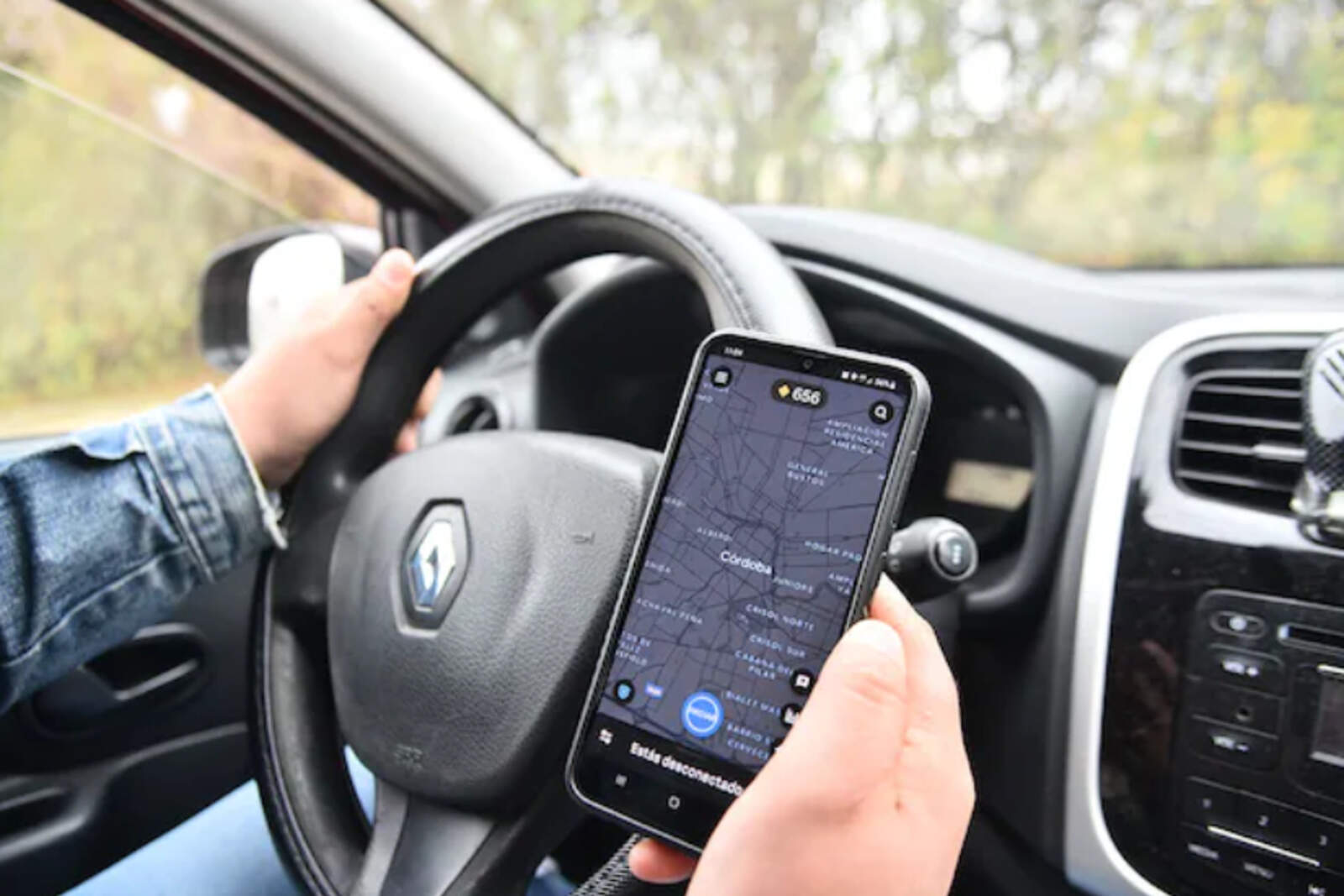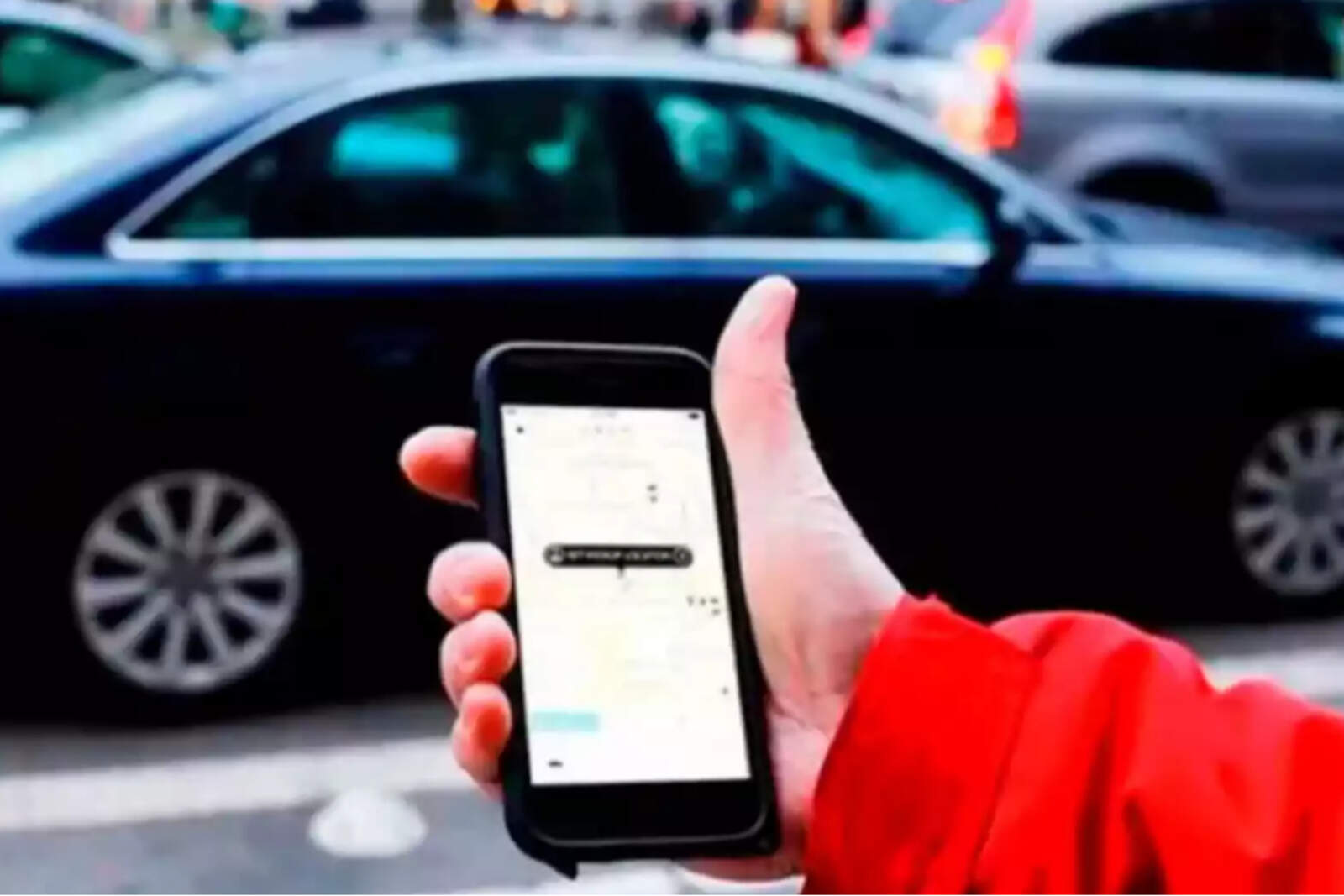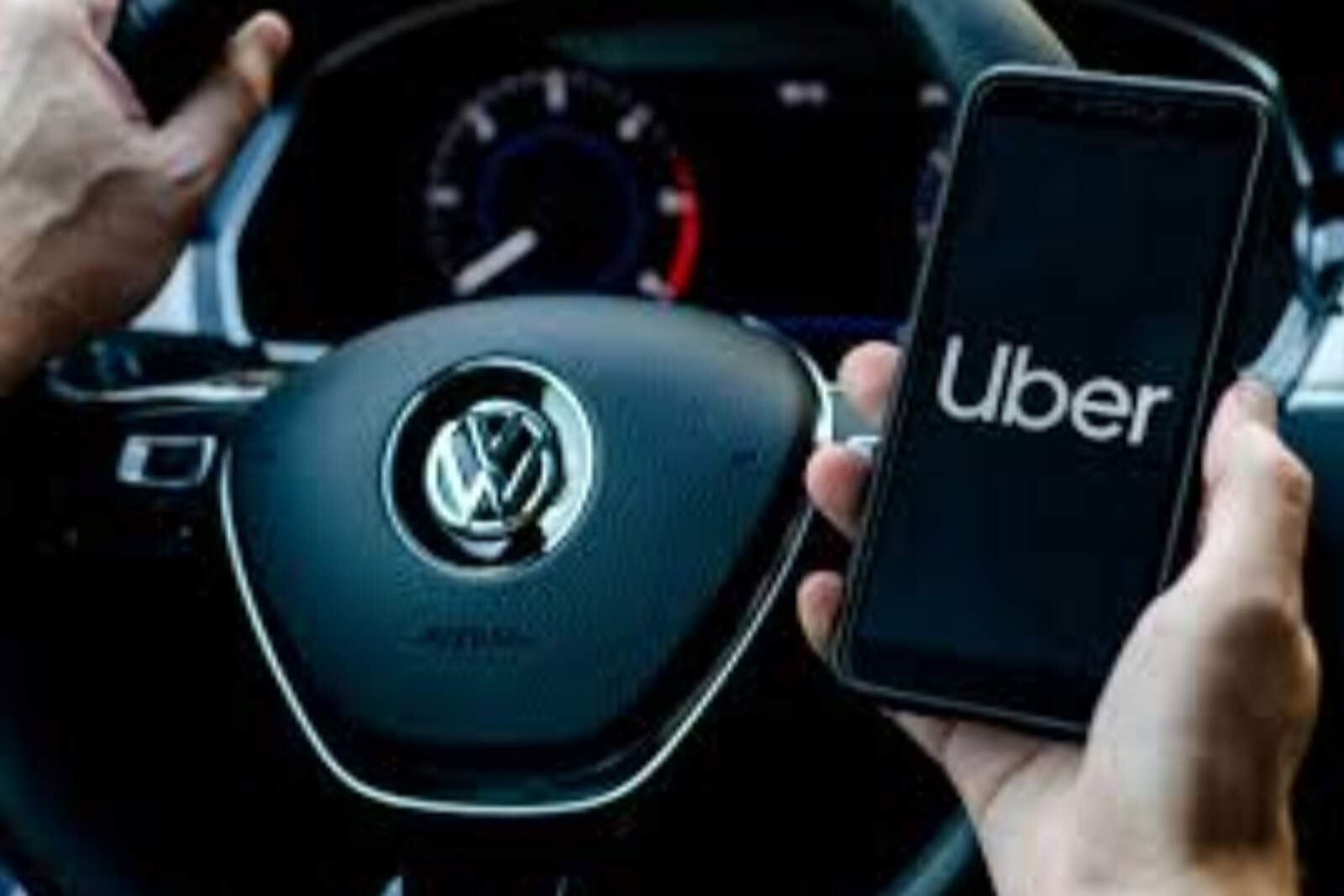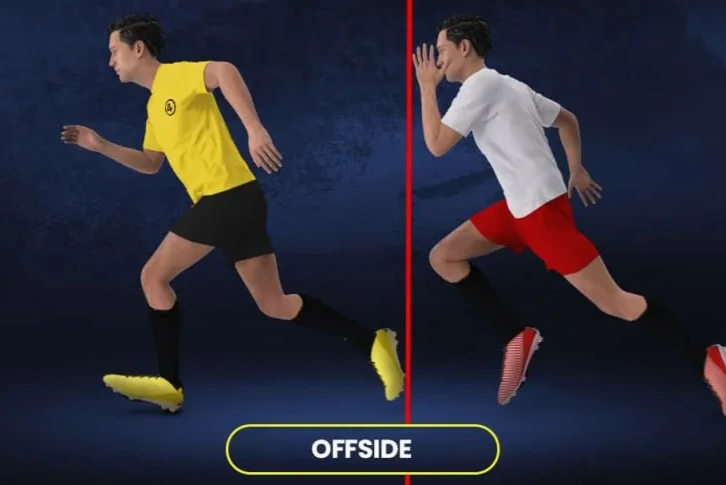This Monday morning, app drivers protested against a pro-government bill that regulates the service in Córdoba Capital with stricter requirements. They demonstrated by blocking Caseros and Cañada to make their opposition to the ordinance, which limits licenses and reduces supply, visible. They claim that the measure would affect more than 400,000 users who depend on the service and that it would be reduced if the regulation is approved.
"We are workers and we ask to be heard," said a driver at the protest in downtown Córdoba this Monday morning. They stated that they submitted a document to the City Council outlining the points they consider critical in the pro-government proposal. They also criticized the fact that many councilors are unaware of how mobility apps actually work in Córdoba.
The pro-government bill stipulates that only 3,998 licenses will be granted to operate with apps like Uber, Cabify, and similar platforms. According to Uber, there are currently more than 20,000 people who drive in Córdoba at least once a week to earn extra income. If that cap is enforced, 77% of current drivers would be excluded from the system and would lose a key source of livelihood.
Additionally, Uber warned that those who drive between 10 and 15 hours per week would stop earning about $130,000 per month if they can't continue working. Uber also warned that the bill would lead to higher fares due to lower availability and increased demand for the service during peak hours. There would also be longer wait times and a general reduction in the number of rides available to users.
Public support for apps and crisis of traditional transportation
A survey in Córdoba showed that 28% of residents choose apps as their main means of transportation, surpassing public transportation. The study was conducted by Zuban Córdoba y Asociados between July 5 and 9 on 400 cases in the Capital department. 24.6% chose public transportation, 22.1% their own car, and 10.2% taxis and remises.
Motorcycles received 10.1% as the preferred means, while bicycles barely reached 4.6%, far behind digital platforms. For the first time, apps surpassed public transportation as the first choice for Córdoba residents when moving around the city. "The fact that apps have overtaken public transportation is something we did not expect to this extent," said consultant Gustavo Córdoba.
"This reflects a migration toward more efficient and personalized alternatives that are changing urban habits in Córdoba and other cities," he added. For Córdoba, this phenomenon is not circumstantial but structural, and it reflects a deep crisis in the traditional transportation system. Apps, he said, "solved what the State can't provide: speed, availability, and traceability."
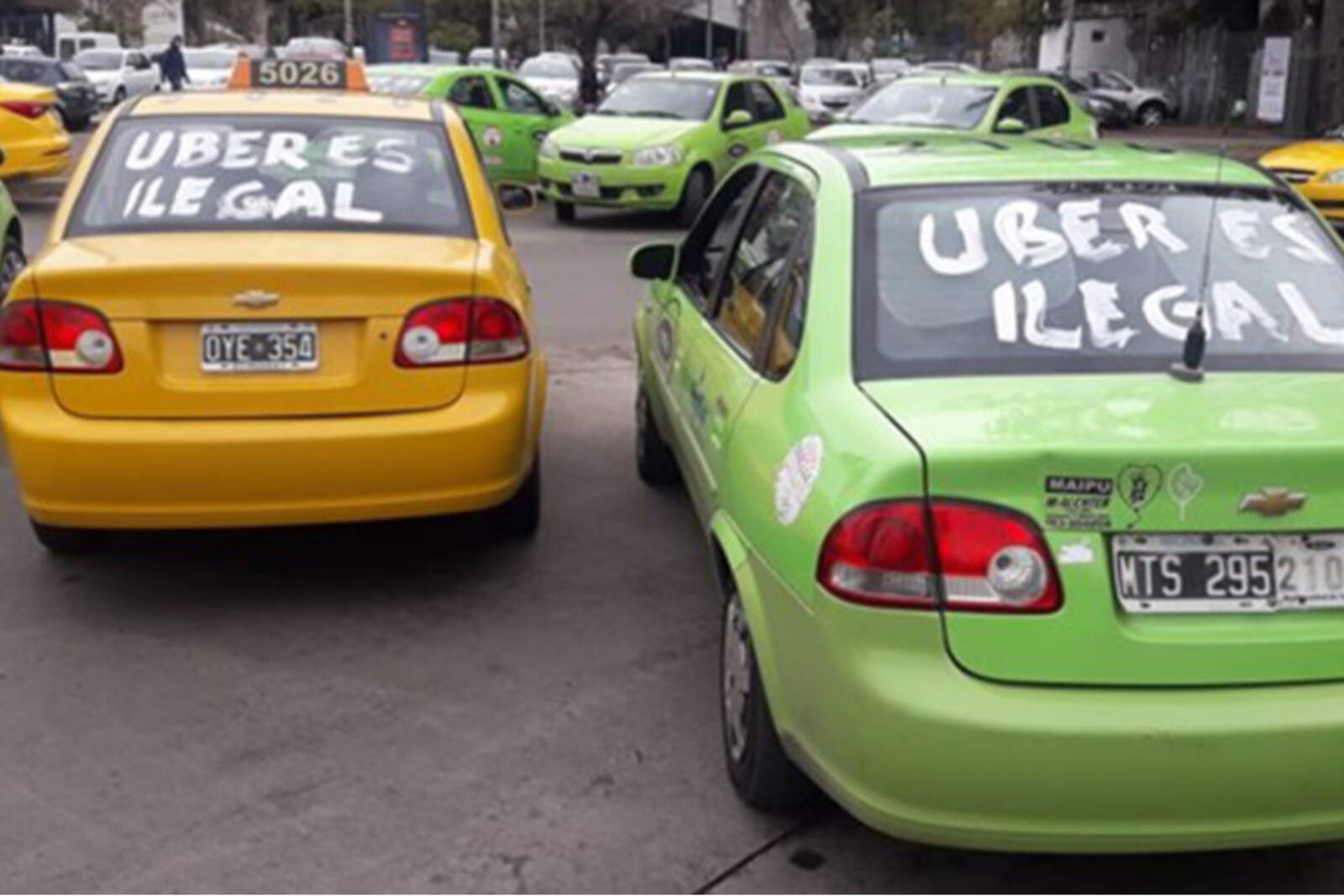
Youth, the main users of apps
The most frequent users are between 16 and 30 years old, and within that group, 33.2% choose these platforms as their first option. They are followed by adults between 31 and 45 years old, where 26.8% use mobility apps more frequently than any other means. Among those over 60 years old, app usage drops to 18.9% and decreases even further in sectors with less technological access.
By gender, 29.3% of women prefer apps for getting around, while among men that number drops to 26.3%, according to the report. Education also plays a role: 29.9% of those with higher education use apps, compared to only 11.8% among those with elementary education. The differences are also geographic: downtown leads with 36.3%, followed by the north with 30.3%.
"There is a clear generational and socioeconomic gap that defines the use of digital platforms like Uber and similar ones," explained Córdoba. "Younger people, those with higher education, and those living in central areas have adopted these tools en masse," he added. For the consultant, apps reflect "a cultural transformation in the way urban mobility is understood."

